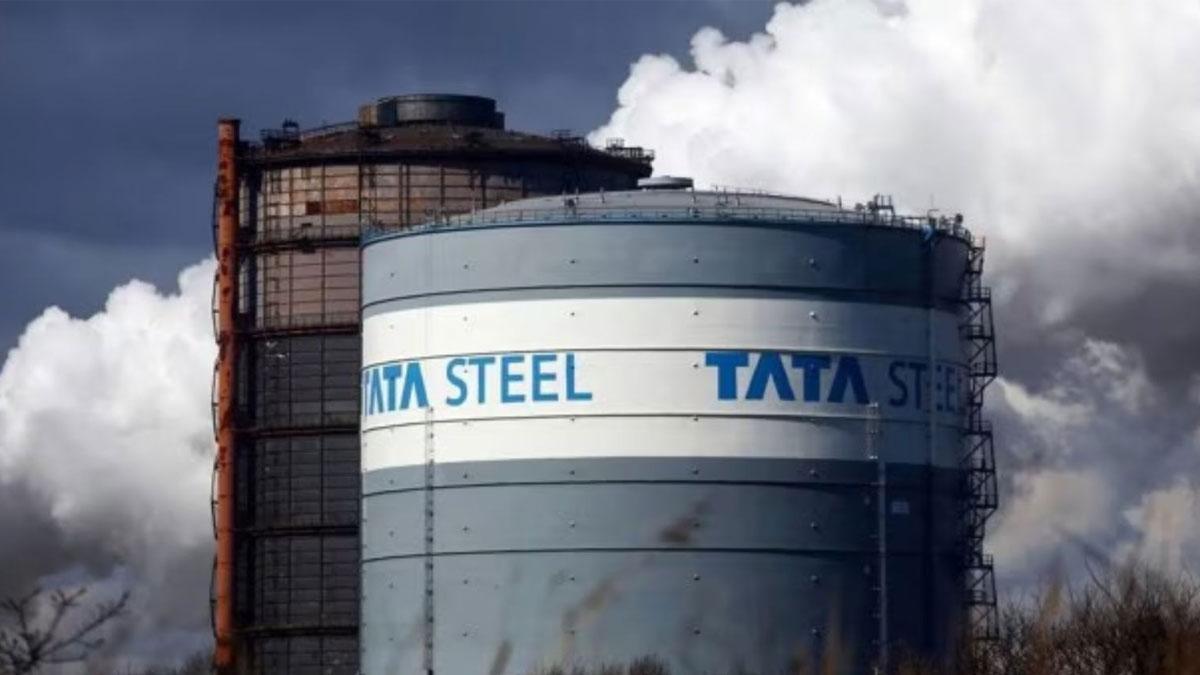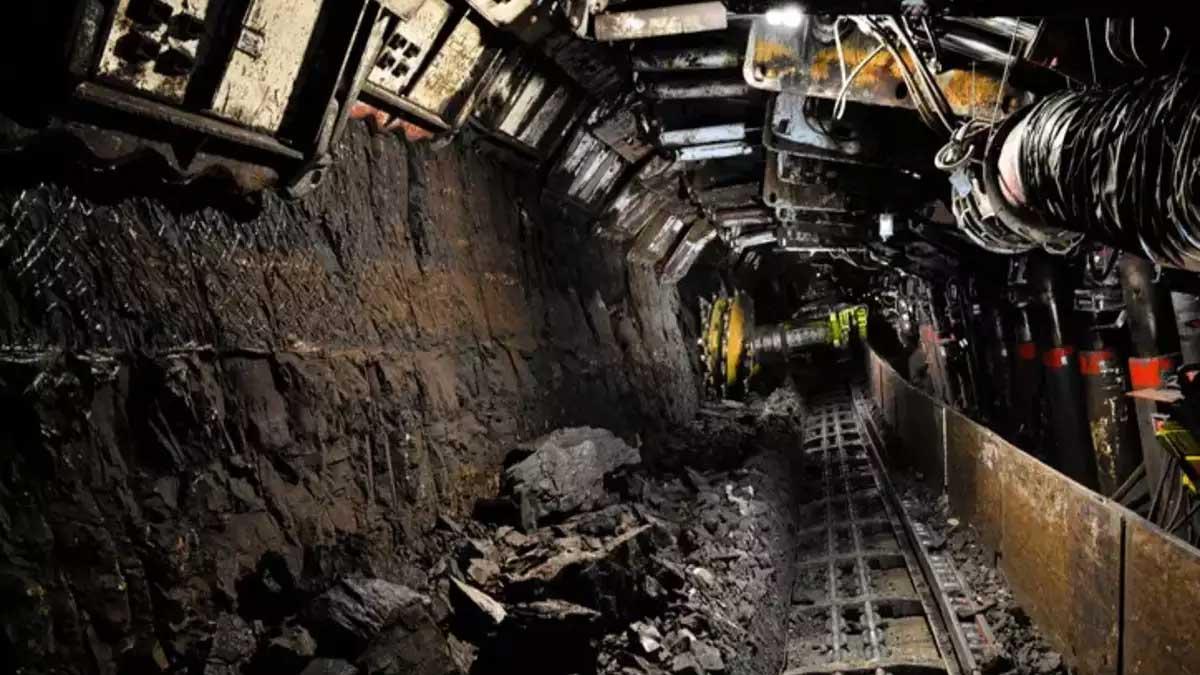Approximately 1,500 Tata Steel employees located in Port Talbot and Llanwern, Wales, are set to initiate an "all-out indefinite strike action" starting July 8. This protest is in response to Tata Steel's controversial decision to cut 2,800 jobs and shut down its blast furnaces, a move deemed disastrous by the union.
Unite the Union highlighted that this strike marks the first significant industrial action by UK steelworkers in over four decades aimed at disrupting Tata Steel UK's operations. The escalation follows earlier measures by Unite members, including working strictly to rule and enforcing an overtime ban.
In a press release, Unite stated, "Around 1,500 Tata workers based in Port Talbot and Llanwern will begin all-out indefinite strike action over the company’s plans to cut 2,800 jobs and close its blast furnaces."
Sharon Graham, General Secretary of Unite, emphasized the broader implications of the strike, stating, "Tata’s workers are not just fighting for their jobs – they are fighting for the future of their communities and the future of steel in Wales."
Graham added, "The strikes will go on until Tata halts its disastrous plans. Unite is backing Tata’s workers to the hilt in their historic battle to save the Welsh steel industry and give it the bright future it deserves."
Regarding political support, the union noted that the Labour Party has urged Tata Steel to postpone its plans until after the July 4 general election to engage in discussions with the newly elected government. Labour has pledged GBP 3 billion for UK steel if elected next month and has prioritized emergency talks with Tata if it wins.
Tata Steel expressed disappointment at the strike action and had previously urged the union to suspend industrial action. The company's decision in April to close two blast furnaces as part of a GBP 1.25-billion investment to transition to Electric Arc Furnace technology at its Port Talbot site has been a focal point of contention.
Tata Steel underscored its commitment to sustainability and job preservation, noting that the restructuring would maintain 5,000 jobs and create opportunities in engineering and construction while significantly reducing CO2 emissions.
A Tata Steel spokesperson remarked, “By restructuring our UK operations we will be able to sustain the business as we transition to new electric arc furnace technology. We believe we have a very exciting future ahead, providing the high quality, low-CO2 steels that our customers in the UK and overseas are so desperate for."
Read also | India Rises to Third-Largest Domestic Airline Market in the World


















